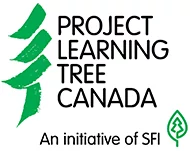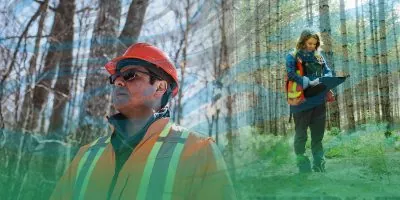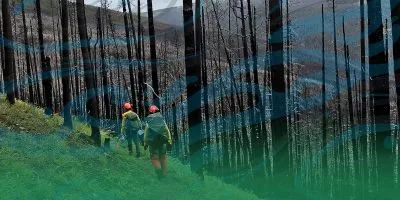Career Fact Sheets
Urban ForesterUrban foresters care for city trees by managing the planting, pruning, and removal of any trees located on public land including streets, greenways, parks, and city property. Additionally, they are often the tree advocates for the city, and lobby for the importance of trees in the community. They do so by working with city staff members and various stakeholders to ensure that the correct resources are distributed to improve the health of the urban forest. Many cities today are trying to increase their canopy cover, often led by their urban foresters who identify goals, develop plans, and implement strategies to achieve their respective goals. Urban foresters collaborate with city staff and city arborists to ensure that the management of city trees is executed effectively and safely. Similar positions to an urban forester
Works with
Is it right for me?Urban foresters work with many different stakeholders daily. This involves going to different departments frequently to gather information and speak with the mayor, city staff, and the public. These positions require multi-tasking, as there is often many things going on at once each day, all of which are tied to deadlines. Having great people-skills will help you to build relationships, especially with the public. Problem-solving is also a big part of the job, as residents with tree-related issues will be calling you to seek help. Although managing the urban forest is the main responsibility, people are a big part of the urban forest. Having the skills to manage both will ensure your success as an urban forester. Take our Green Jobs personality quiz Urban forester salarySalaries for urban foresters vary by level of experience and position. Entry-level positions start at $30,000 per year, while more experienced workers can make up to $110,000 per year. In Canada, the average salary for an urban forester is $65,000 per year. Urban forester education*In high school, courses and programs such as forestry, biology, ecology, environmental and earth sciences, plant sciences, and urban planning would be beneficial. Since the field of urban forestry is relatively new, there is no official standard for certification as of yet. Most urban foresters are either ISA certified arborists, or Registered Professional Foresters (RPF). With emerging education programs, the field is growing and becoming recognized as a specialization in the field of forestry. Accordingly, a foundation of forestry knowledge is a great starting point for urban forestry. Plant-specific university courses would provide an excellent base of knowledge. College
University
*Not a complete list of resources. More resources |







